The plenaries at the online ECREA conference aim to use the affordances of videoconferencing technology to expand the opportunities for interaction. As a consequence we have rethought how the plenaries will function. Each of the speakers will deliver a short position statement of approximately 10 minutes each and this will be followed by debate, questions, and answers moderated by the chair of the plenary session.
De-colonising the curriculum: how can we contribute to the debate?
Monday 6 September 2021, 17:00 – 18:30 CET
The plenary session De-colonising the curriculum brings together leading scholars providing timely intervention and critical engagement with the issue. The discussion will reflect on the disconcerting dominance of western paradigms in the field, hierarchies of knowledge production and overlapping structures of dominance (questioning the privileged white male Eurocentric gaze, ‘civilisational hierarchies’, the colonial legacies in Central and Eastern Europe and beyond including the Global South), ask what de-colonial methodologies and de-centring approaches we can use in our research and teaching activities, touch on the gender and racial disparities in citations, publications and employment (especially at the senior ranks) in academia, and other related problems such as expansion and normalisation of precarious academic labour. The panel will look into these intersecting inequalities and endeavour to set out a roadmap for decolonising the curriculum. The premise of this panel is that a highly interdisciplinary nature of communication and media studies provides a unique opportunity for this decolonising work and constitute a unique vantage point for highlighting how decolonial thinking can make certain previously overlooked academic and societal issues more visible.
This panel’s dynamic format presupposes a 10-minute intervention from each of the speakers. Following their reflection on the issue, the speakers will have a chance to respond to each other’s statements. Then, the discussion will be open to the questions from our online audience. This ECREA plenary session is scheduled for the 6th of September 2021 (17.00-18.30).
Chaired by: Galina Miazhevich (Cardiff University) – ECREA Executive Board member
Panelists: Payal Arora, Gholam Khiabany, Sudha Rajagopalan
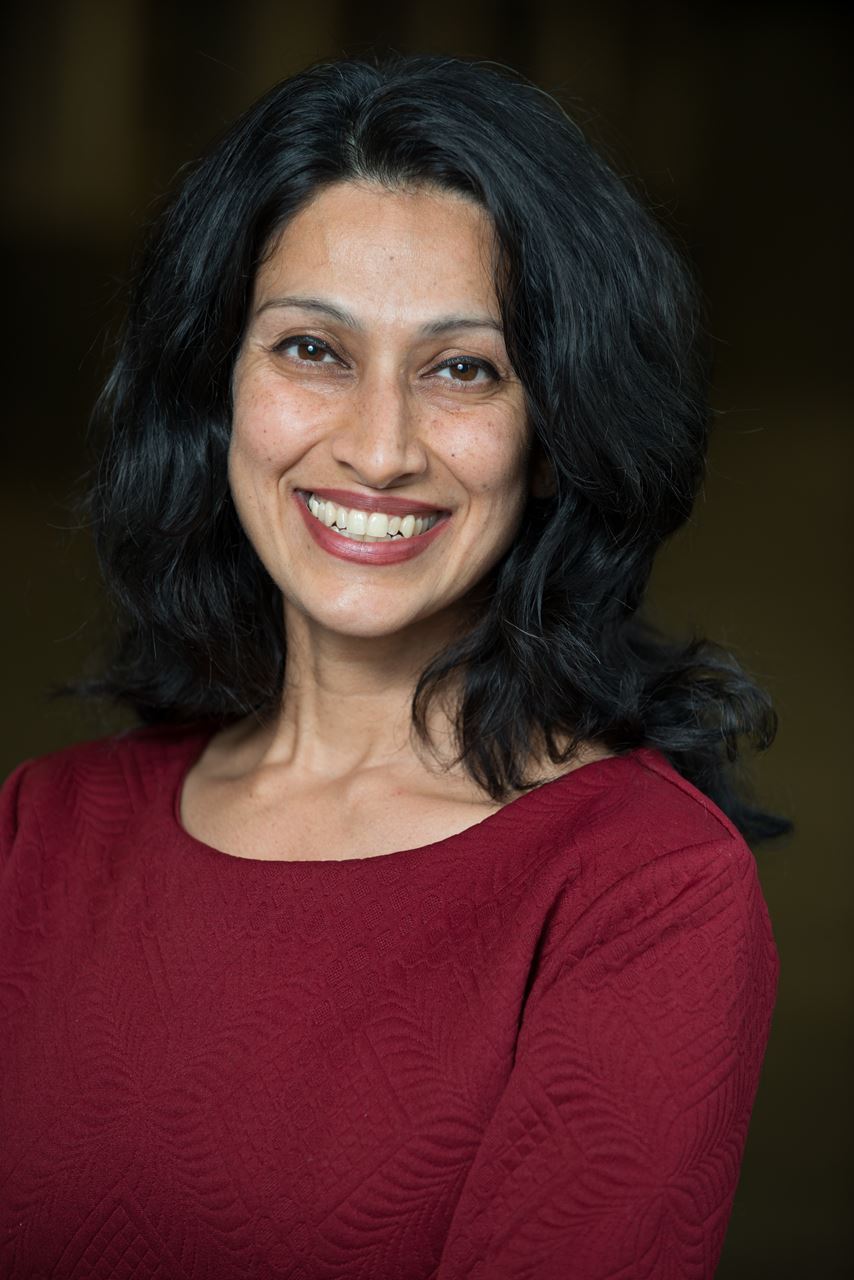 Payal Arora is a digital anthropologist and author of several books including the award-winning “The Next Billion Users” with Harvard University Press. She is a Professor and Chair in Technology, Values and Global Media Cultures at Erasmus University Rotterdam and an Academic Director at the Erasmus Center for Data Analytics. She is the founder of a digital storytelling organization Catalyst Lab and co-founder of FemLab.Co, a feminist initiative on the future of work. Her expertise lies in digital experience among low-income communities worldwide and decolonial design and comes with more than a decade of fieldwork in such contexts. Forbes named her the “next billion champion” and the right kind of person to reform tech. Several international media outlets have covered her work including the BBC, The Economist, Quartz, Tech Crunch, The Boston Globe, F.A.Z, The Nation and CBC. She has consulted on tech innovation for diverse organizations such as UNESCO, KPMG, GE, and HP and has given more than 200 presentations in 57 countries including a TEDx talk on the future of the internet. She sits on several boards such as Columbia University Earth Institute and World Women Global Council in New York and is a Section Editor for Global Perspectives, a University of California Press Journal. She is Indian, American, and Irish and currently lives in Amsterdam.
Payal Arora is a digital anthropologist and author of several books including the award-winning “The Next Billion Users” with Harvard University Press. She is a Professor and Chair in Technology, Values and Global Media Cultures at Erasmus University Rotterdam and an Academic Director at the Erasmus Center for Data Analytics. She is the founder of a digital storytelling organization Catalyst Lab and co-founder of FemLab.Co, a feminist initiative on the future of work. Her expertise lies in digital experience among low-income communities worldwide and decolonial design and comes with more than a decade of fieldwork in such contexts. Forbes named her the “next billion champion” and the right kind of person to reform tech. Several international media outlets have covered her work including the BBC, The Economist, Quartz, Tech Crunch, The Boston Globe, F.A.Z, The Nation and CBC. She has consulted on tech innovation for diverse organizations such as UNESCO, KPMG, GE, and HP and has given more than 200 presentations in 57 countries including a TEDx talk on the future of the internet. She sits on several boards such as Columbia University Earth Institute and World Women Global Council in New York and is a Section Editor for Global Perspectives, a University of California Press Journal. She is Indian, American, and Irish and currently lives in Amsterdam.
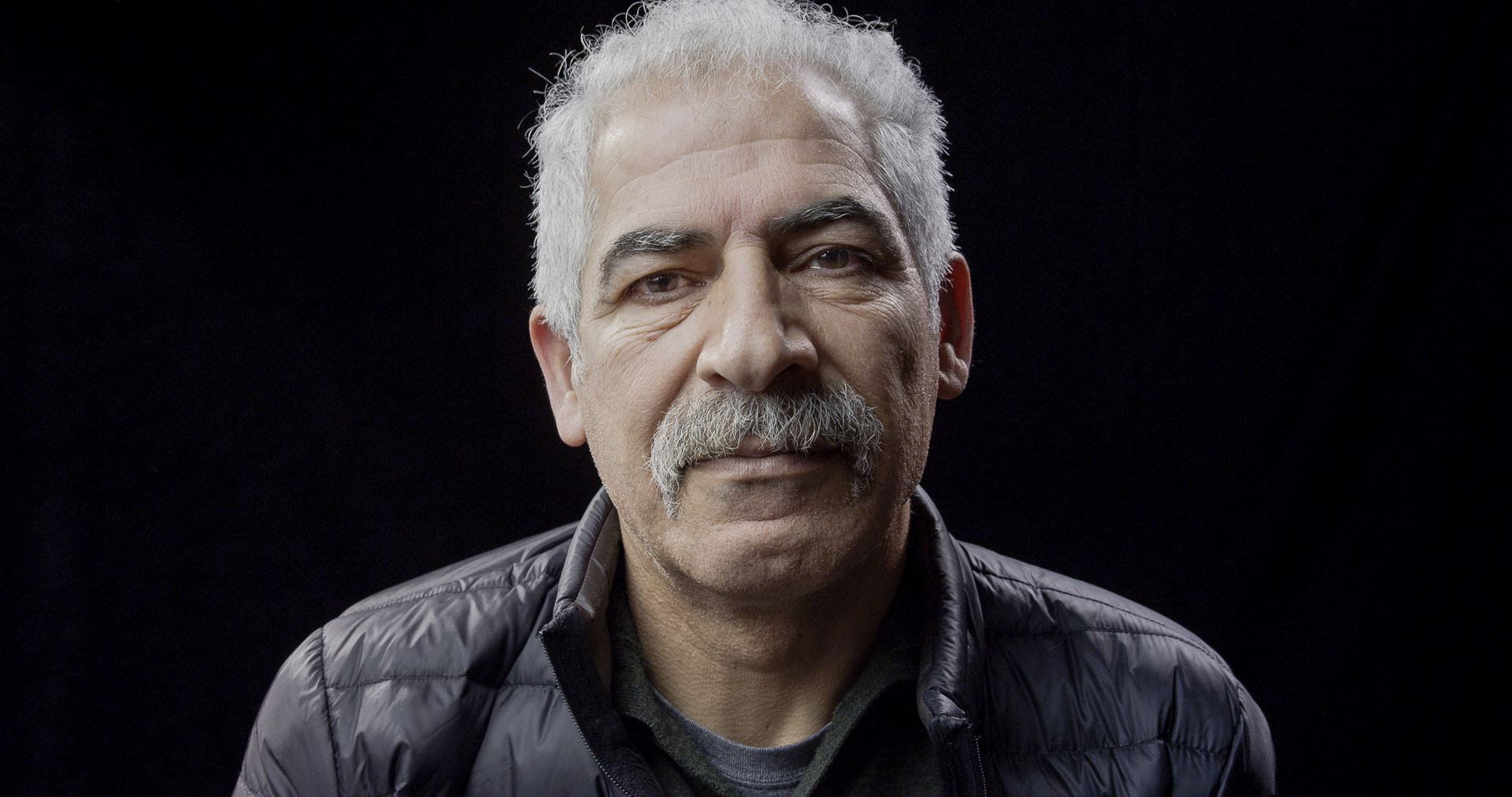 Gholam Khiabany teaches in the Department of Media, Communication and Cultural Studies at Goldsmiths, University of London. He is a member of council of management of the Institute of Race Relations, and Editorial Working Committee of Race and Class. His publications include Iranian Media: The Paradox of Modernity (Routledge, 2010); Blogistan co-authored with Annabelle Sreberny (I.B.Tauris, 2010); Media, Democracy and Social Change co-authored with Aeron Davis, Natalie Fenton and Des Freedman (SAGE, 2020); and two co-edited collections: Liberalism in Neoliberal Times: Dimensions, Contradictions, Limits (Goldsmiths Press, 2017), and After Charlie Hebdo: Terror, Racism and Free Speech (Zed, 2017).
Gholam Khiabany teaches in the Department of Media, Communication and Cultural Studies at Goldsmiths, University of London. He is a member of council of management of the Institute of Race Relations, and Editorial Working Committee of Race and Class. His publications include Iranian Media: The Paradox of Modernity (Routledge, 2010); Blogistan co-authored with Annabelle Sreberny (I.B.Tauris, 2010); Media, Democracy and Social Change co-authored with Aeron Davis, Natalie Fenton and Des Freedman (SAGE, 2020); and two co-edited collections: Liberalism in Neoliberal Times: Dimensions, Contradictions, Limits (Goldsmiths Press, 2017), and After Charlie Hebdo: Terror, Racism and Free Speech (Zed, 2017).
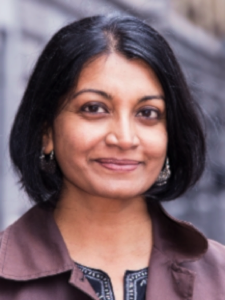 Sudha Rajagopalan is Senior Lecturer in East European Studies at the University of Amsterdam. Rajagopalan is a Soviet cultural historian and scholar of contemporary Russian media, with research and publication experience in the field of Soviet and post-Soviet Russian cultural consumption. She is also member of the steering committee of the pioneering international journal dedicated to digital media in the post-communist region of the former East bloc, Digital Icons: Studies in Russian, Eurasian and Central European New Media.
Sudha Rajagopalan is Senior Lecturer in East European Studies at the University of Amsterdam. Rajagopalan is a Soviet cultural historian and scholar of contemporary Russian media, with research and publication experience in the field of Soviet and post-Soviet Russian cultural consumption. She is also member of the steering committee of the pioneering international journal dedicated to digital media in the post-communist region of the former East bloc, Digital Icons: Studies in Russian, Eurasian and Central European New Media.
Rajagopalan’s work on digital media has engaged with debates on fandoms, emotion, celebrity, publicness, postfeminism and memory and can be seen in publications such as European Journal of Cultural Studies, International Journal of Cultural Studies, Celebrity Studies, Transformative Works and Culture, South Asian Popular Culture and Journalism Studies. Her earlier book ‘Indian Films in Soviet Cinemas: The Culture of Moviegoing after Stalin’ (Indiana University Press, Bloomington, 2010) was the first ethnohistorical study of Soviet movie reception, and also a pioneering work on Soviet internationalism in the Global South and cultural flows between the USSR and India. Her current project is about the alternative cosmopolitanisms of Cold War era cultures, seen through the prism of Soviet objects in Indian and Cuban homes (forthcoming in the Routledge Global Cold War Cultures series).
Covid Nationalism: Does the European Public Sphere have a future?
Tuesday 7 September 2021, 18:30 – 20:00 CET
The COVID-19 Pandemic has not only brought disruption to the everyday lives of people around the world, it has also put to the test pan-European solidarity, quickly restricted trans-border movement across Europe, and instigated suspicion and distrust between neighbouring countries. How can we understand this new landscape of distrust? What role have the media played in the national isolationism that has followed in the footsteps of the pandemic? What are the chances for European solidarity to survive in the fight over vaccine quotas? And what will be the implications for an inclusive European public sphere?
These are the questions we have asked four prominent European scholars to ponder and debate.
Chaired by: Göran Bolin (Södertörn University, Stockholm, Sweden) – ECREA Executive Board member
Panelists: Fausto Colombo, Hans-Jörg Trenz, Karin Wahl-Jørgensen, Brita Ytre-Arne
 Fausto Colombo is Professor of Media and Communication Studies and Head of the Department of Communication and Performing Arts at Università Cattolica del Sacro Cuore, Milan, Italy. He chaired the Unesco Chair in Communication Internationale at Université Stendhal, Grenoble (2015) and was Visiting Professor at Celsa, Université Sorbonne, Paris (2014). From 2012 to 2016 he was member of the Executive Board of ECREA. He is the Italian coordinator of Harvest (eHealth and Ageing in Rural Areas: Transforming Everyday Life, Digital Competences, and Technology). Since 2016 he has been member of the Academia Europaea – The Academy of Europe. His latest book is Ecologia dei media. Manifesto per una comunicazione gentile (Ecology of Media. A Manifesto for a “Gentle” Communication), Vita e Pensiero, Milano, 2020.
Fausto Colombo is Professor of Media and Communication Studies and Head of the Department of Communication and Performing Arts at Università Cattolica del Sacro Cuore, Milan, Italy. He chaired the Unesco Chair in Communication Internationale at Université Stendhal, Grenoble (2015) and was Visiting Professor at Celsa, Université Sorbonne, Paris (2014). From 2012 to 2016 he was member of the Executive Board of ECREA. He is the Italian coordinator of Harvest (eHealth and Ageing in Rural Areas: Transforming Everyday Life, Digital Competences, and Technology). Since 2016 he has been member of the Academia Europaea – The Academy of Europe. His latest book is Ecologia dei media. Manifesto per una comunicazione gentile (Ecology of Media. A Manifesto for a “Gentle” Communication), Vita e Pensiero, Milano, 2020.
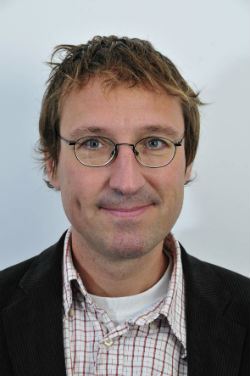 Hans-Jörg Trenz is Professor of Sociology of Culture and Communication at Scuola Normale Superiore in Pisa/Florence/Italy. He studied sociology and Romance Languages at the Universität des Saarlandes, Università di Bari and Universidad Central de Barcelona. He obtained his PhD in Social and Political Sciences in 1998 at the European University Institute with a thesis on ‘Mobilising Collective Identities: Public Discourse on Immigration in Germany and Portugal’ and his professor habilitation in 2005 at Humboldt University, Berlin. He held previous positions at Münchner Projektgruppe Sozialforschung (1997-98), Humboldt University, Berlin (1998-2005), ARENA – Centre for European Studies, University of Oslo (2005-2021) and University of Copenhagen (2011-2021). His main field of interests are media and public sphere transformations, digital transformations of society, political communication and democracy as well as a cultural and political sociology of European integration with a focus on the emergence of a European media and the public sphere, European civil society, European civilisation and identity, migration and ethnic minorities.
Hans-Jörg Trenz is Professor of Sociology of Culture and Communication at Scuola Normale Superiore in Pisa/Florence/Italy. He studied sociology and Romance Languages at the Universität des Saarlandes, Università di Bari and Universidad Central de Barcelona. He obtained his PhD in Social and Political Sciences in 1998 at the European University Institute with a thesis on ‘Mobilising Collective Identities: Public Discourse on Immigration in Germany and Portugal’ and his professor habilitation in 2005 at Humboldt University, Berlin. He held previous positions at Münchner Projektgruppe Sozialforschung (1997-98), Humboldt University, Berlin (1998-2005), ARENA – Centre for European Studies, University of Oslo (2005-2021) and University of Copenhagen (2011-2021). His main field of interests are media and public sphere transformations, digital transformations of society, political communication and democracy as well as a cultural and political sociology of European integration with a focus on the emergence of a European media and the public sphere, European civil society, European civilisation and identity, migration and ethnic minorities.
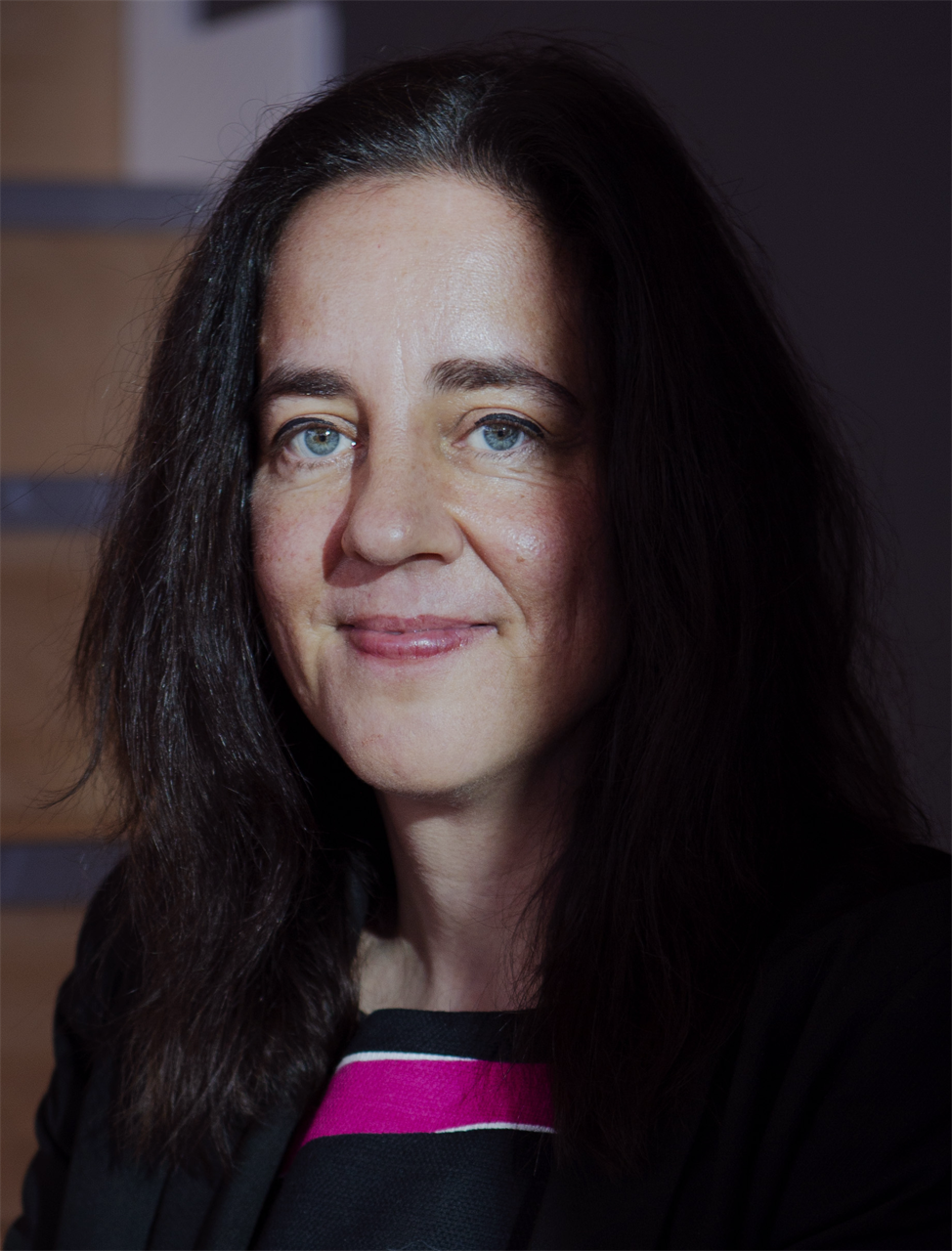 Karin Wahl-Jorgensen is Dean of Research Environment and Culture at Cardiff University, and a Professor in the School of Journalism, Media and Culture, where she serves as Director of Research for the Centre for Community Journalism. She holds a PhD from Stanford University, USA, and an honorary doctorate from Roskilde University, Denmark. Her research focuses on journalism and citizenship, and she has authored or edited ten books, close to 70 journal articles and more than 40 book chapters. Recent books include Emotions, Media and Politics (2019, Polity), Digital Citizenship in a Datafied Society (2019, Polity, with Arne Hintz and Lina Dencik), and Handbook of Journalism Studies, 2nd edition (2020, Routledge, co-edited with Thomas Hanitzsch). Since June 2020, she has been carrying out extensive research on the experiences of community journalists in the coronavirus pandemic, funded by a grant from the British Academy.
Karin Wahl-Jorgensen is Dean of Research Environment and Culture at Cardiff University, and a Professor in the School of Journalism, Media and Culture, where she serves as Director of Research for the Centre for Community Journalism. She holds a PhD from Stanford University, USA, and an honorary doctorate from Roskilde University, Denmark. Her research focuses on journalism and citizenship, and she has authored or edited ten books, close to 70 journal articles and more than 40 book chapters. Recent books include Emotions, Media and Politics (2019, Polity), Digital Citizenship in a Datafied Society (2019, Polity, with Arne Hintz and Lina Dencik), and Handbook of Journalism Studies, 2nd edition (2020, Routledge, co-edited with Thomas Hanitzsch). Since June 2020, she has been carrying out extensive research on the experiences of community journalists in the coronavirus pandemic, funded by a grant from the British Academy.
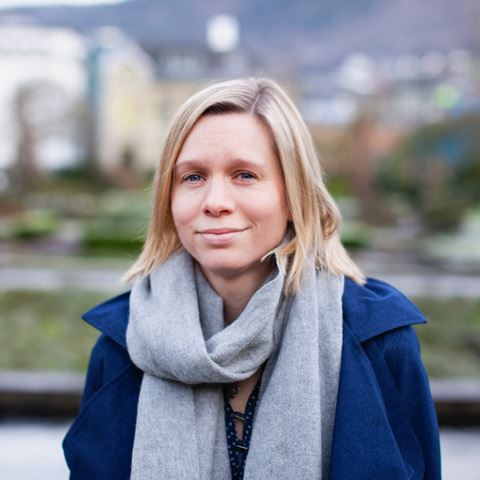 Brita Ytre-Arne (PhD) is professor of Media Studies at the University of Bergen, Norway. Specializing in qualitative research, her work analyzes how citizens connect to society through cross-media use, and explores the impact of datafication and mobile technologies on our lives. Currently, her research is focused on the role of media in complex societal crisis situations. She has researched media use in Norway through different phases of the pandemic, and is PI for a new project funded by the Research Council of Norway, titled “Media Use in Crisis Situations: Resolving Information Paradoxes, Comparing Climate Change and COVID-19”.
Brita Ytre-Arne (PhD) is professor of Media Studies at the University of Bergen, Norway. Specializing in qualitative research, her work analyzes how citizens connect to society through cross-media use, and explores the impact of datafication and mobile technologies on our lives. Currently, her research is focused on the role of media in complex societal crisis situations. She has researched media use in Norway through different phases of the pandemic, and is PI for a new project funded by the Research Council of Norway, titled “Media Use in Crisis Situations: Resolving Information Paradoxes, Comparing Climate Change and COVID-19”.
ECREA Interventions
Climate Change: are communication scholars part of the problem or part of the solution?
Wednesday 8 September 2021, 9:00 – 13:00 CET
This panel is part of a series of ECREA Interventions that reflect on the field of communication in Europe in its broadest sense: communication scholars as researchers and educators but also as citizens, workers and consumers.
The purpose of the panel is to discuss the contribution that communication scholars make to ameliorating or exacerbating climate change and its consequences. The most obvious ‘traditional’ contribution is that of understanding climate change communication in its broadest sense through analysing how scientists, politicians, corporations, interest groups, and the public or publics make sense of climate change and mitigation measures at national and international levels. A further potential contribution, understood as ‘impact’, is how communication scholars might help to improve climate change communication as influencers of and advisors to policy-makers and practitioners directly involved in shaping people’s attitudes and behaviours. This often uncomfortable engagement with policy elites is related to but not the same as the idea of academic as a public intellectual and activist, as an active participant in the public sphere engaging in a struggle over meaning through taking part in collective and connective action. There is another level, however, affecting us all irrespective of research specialism or attitudes towards engagement: that of the everyday relating to academics as consumers and citizens who use resources both in the pursuit of their profession and in their private lives making decisions about whether to travel by air to conferences (assuming that there will be physical conferences in the future), or to cycle to work, or to adopt a vegan diet.
Chaired by: John Downey (Loughborough University) – ECREA Vice-president
Panelists: Benedetta Brevini, Michael Brüggemann, Anabela Carvalho
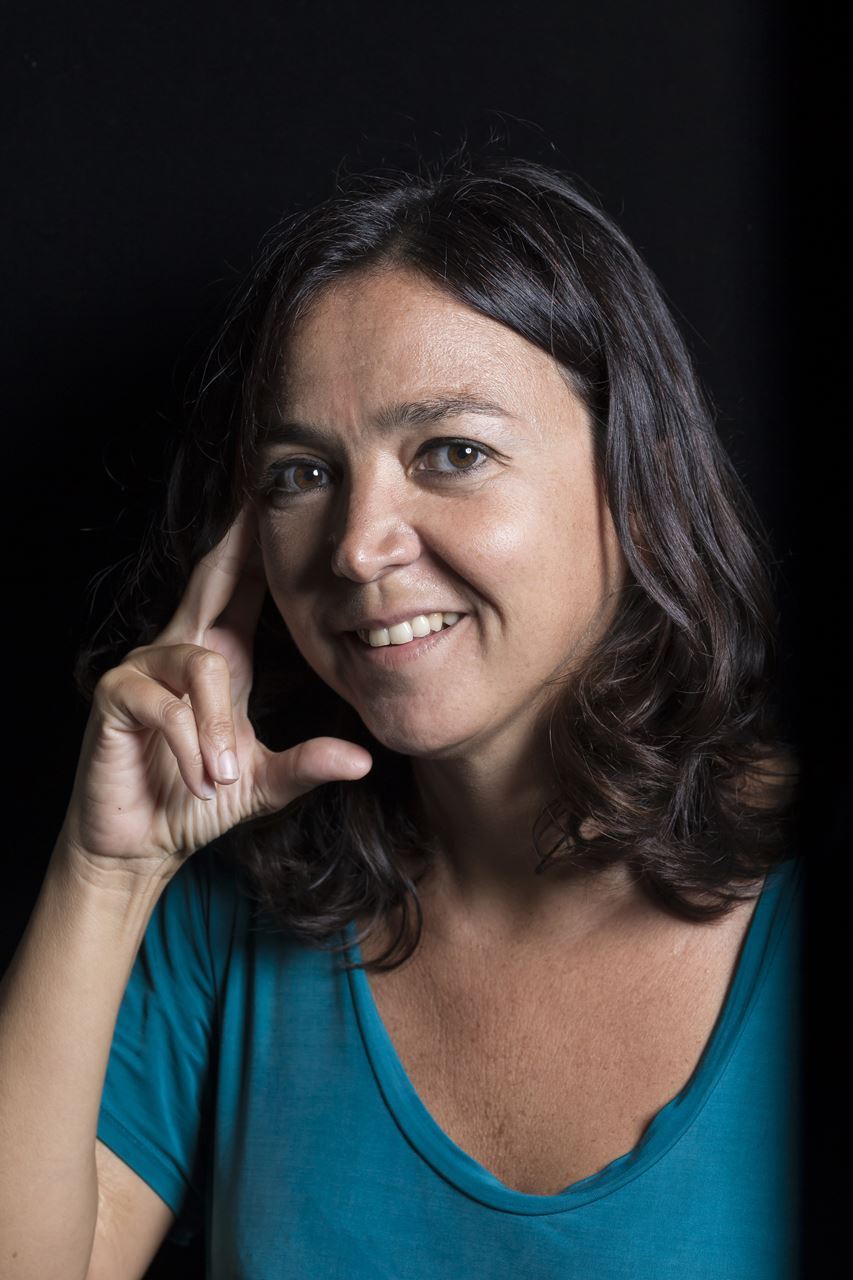 Benedetta Brevini is Associate Professor of political economy of communication at the University of Sydney.Before joining the academy she worked as journalist in Milan, New York and London for CNBC and RAI. She writes on The Guardian’s Comment is Free and contributes to a number of print and web publications including Index of Censorship, OpenDemocracyand the Conversation. She is the author of Public Service Broadcasting online (2013) and editor of Beyond Wikileaks (2013).
Benedetta Brevini is Associate Professor of political economy of communication at the University of Sydney.Before joining the academy she worked as journalist in Milan, New York and London for CNBC and RAI. She writes on The Guardian’s Comment is Free and contributes to a number of print and web publications including Index of Censorship, OpenDemocracyand the Conversation. She is the author of Public Service Broadcasting online (2013) and editor of Beyond Wikileaks (2013).
Her latest volumes are Carbon Capitalism and Communication: Confronting Climate Crisis (PalgraveMacmillan, 2017), Climate Change and the Media (Peter Lang, 2018), and Amazon: Understanding a Global Communication Giant (Routledge, 2020). "Is AI good for the planet” (Polity 2021) is her latest book.
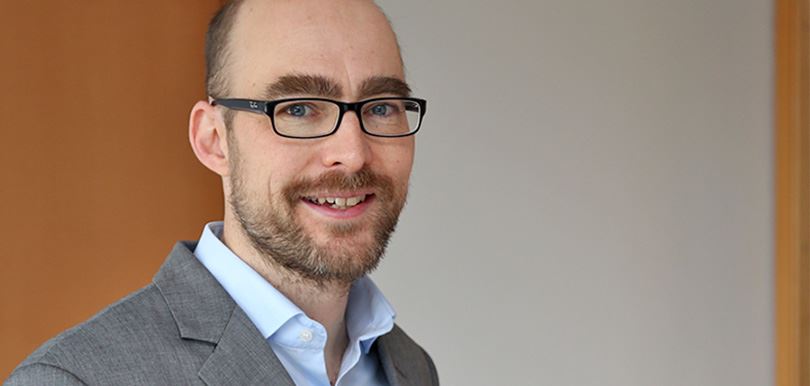 Michael Brüggemann started his research and teaching at the Faculty of Business, Economics and Social Sciences in February 2015. His area of expertise is the study of journalism, political communication and science communication from a comparative and international perspective.He explores how journalists cover issues such as climate change and how these practices change. He also seeks to explain why they do so, by looking e.g. at media systems, editorial policies and cultures of journalism. More recent research focusses on the changing roles of journalists and scientists in science communication.
Michael Brüggemann started his research and teaching at the Faculty of Business, Economics and Social Sciences in February 2015. His area of expertise is the study of journalism, political communication and science communication from a comparative and international perspective.He explores how journalists cover issues such as climate change and how these practices change. He also seeks to explain why they do so, by looking e.g. at media systems, editorial policies and cultures of journalism. More recent research focusses on the changing roles of journalists and scientists in science communication.
He is Principal Investigator at the Cluster of Excellence CliSAP at the Universität Hamburg and directs the Research Group "CRG Media Constructions of Climate Change"., He is engaged in interdisciplinary exchange in the context of the Center for Earth System Research and Sustainability (CEN), the Centre for Globalisation and Governance (CGG) and the Research Center for Media and Communication (RCMC).
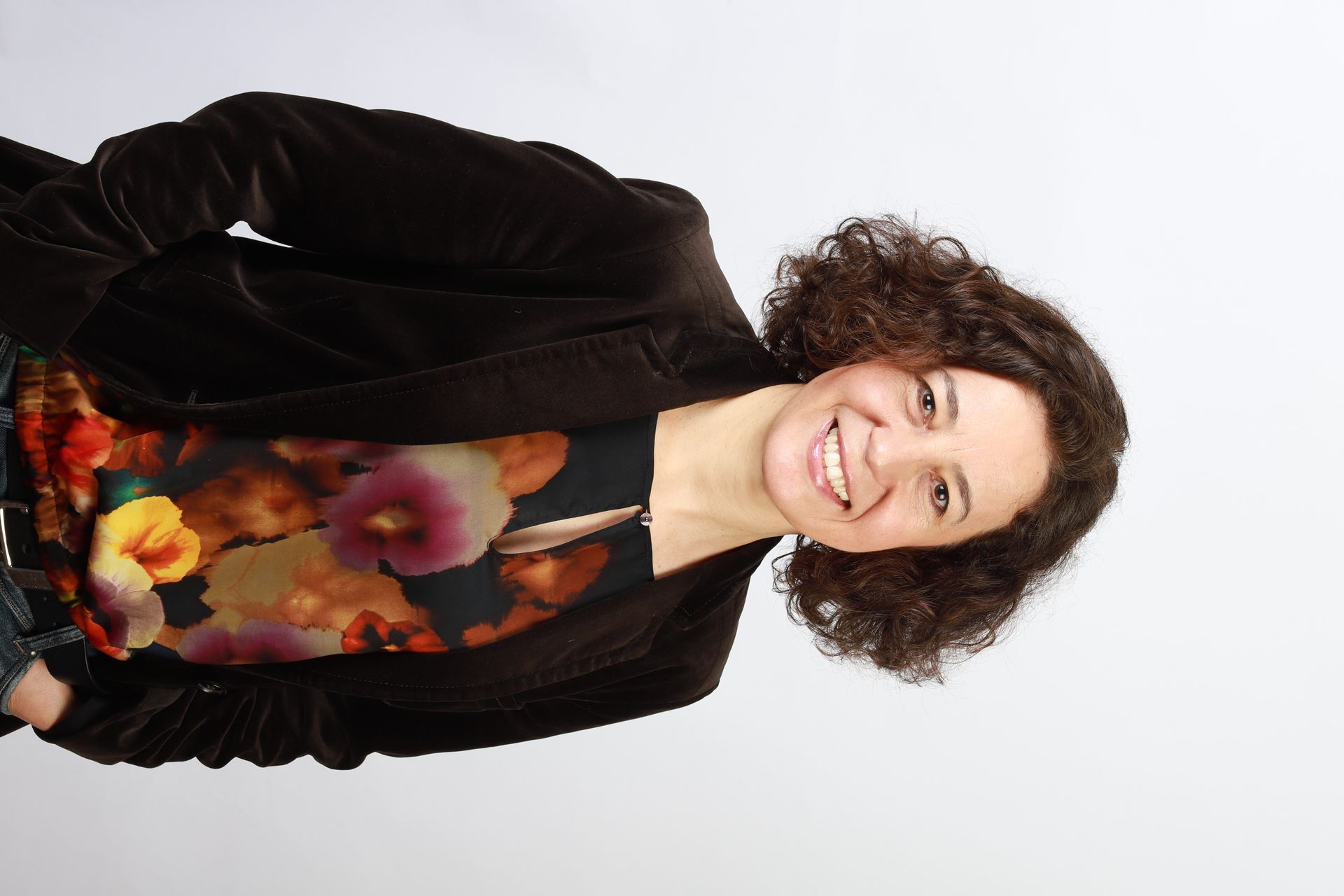 Anabela Carvalho (PhD, University College London) is Associate Professor at the Department of Communication Sciences of the University of Minho, Portugal. She has an extensive experience of research on climate change communication and has authored influential analyses of the discourses of various social actors and the media in the United Kingdom, Portugal and other countries. Citizens’ engagement with climate change and (bio-)sustainability, and especially the conditions for political engagement, have been her main research interest in the last few years. Her publications include Citizen Voices: Enacting Public Participation in Science and Environment Communication (with L. Phillips and J. Doyle; 2012), Climate Change Politics: Communication and Public Engagement (with T.R. Peterson; 2012), and Critical Approaches to Climate Change and Civic Action (with J. Doyle and C. Russill, Frontiers). Anabela Carvalho has had leading roles at the International Environmental Communication Association (IECA) and the Science and Environment Communication Section of the European Communication and Education Association (ECREA). She was Associate Editor of the journal Environmental Communication (2010-2012) and has been Associate Editor of Frontiers in Communication: Science and Environmental Communication since 2016.
Anabela Carvalho (PhD, University College London) is Associate Professor at the Department of Communication Sciences of the University of Minho, Portugal. She has an extensive experience of research on climate change communication and has authored influential analyses of the discourses of various social actors and the media in the United Kingdom, Portugal and other countries. Citizens’ engagement with climate change and (bio-)sustainability, and especially the conditions for political engagement, have been her main research interest in the last few years. Her publications include Citizen Voices: Enacting Public Participation in Science and Environment Communication (with L. Phillips and J. Doyle; 2012), Climate Change Politics: Communication and Public Engagement (with T.R. Peterson; 2012), and Critical Approaches to Climate Change and Civic Action (with J. Doyle and C. Russill, Frontiers). Anabela Carvalho has had leading roles at the International Environmental Communication Association (IECA) and the Science and Environment Communication Section of the European Communication and Education Association (ECREA). She was Associate Editor of the journal Environmental Communication (2010-2012) and has been Associate Editor of Frontiers in Communication: Science and Environmental Communication since 2016.